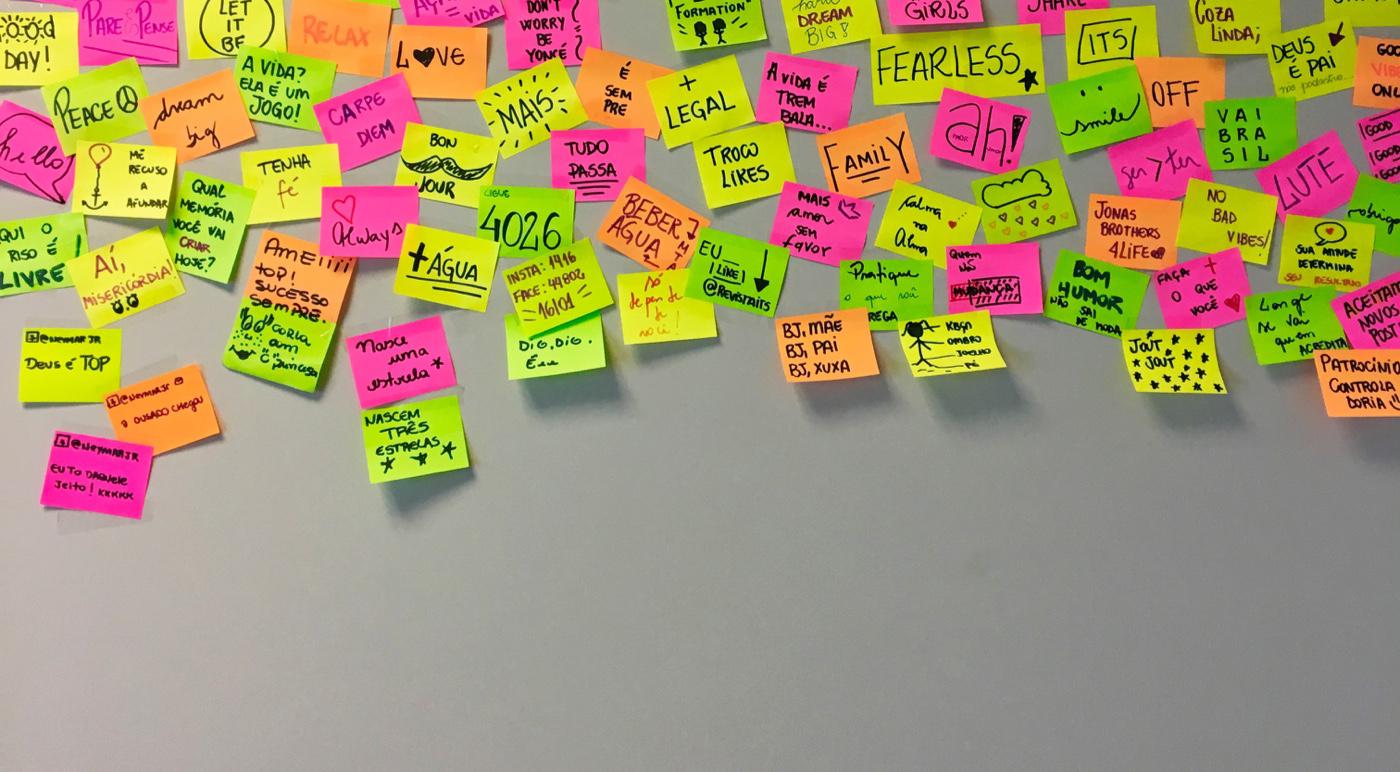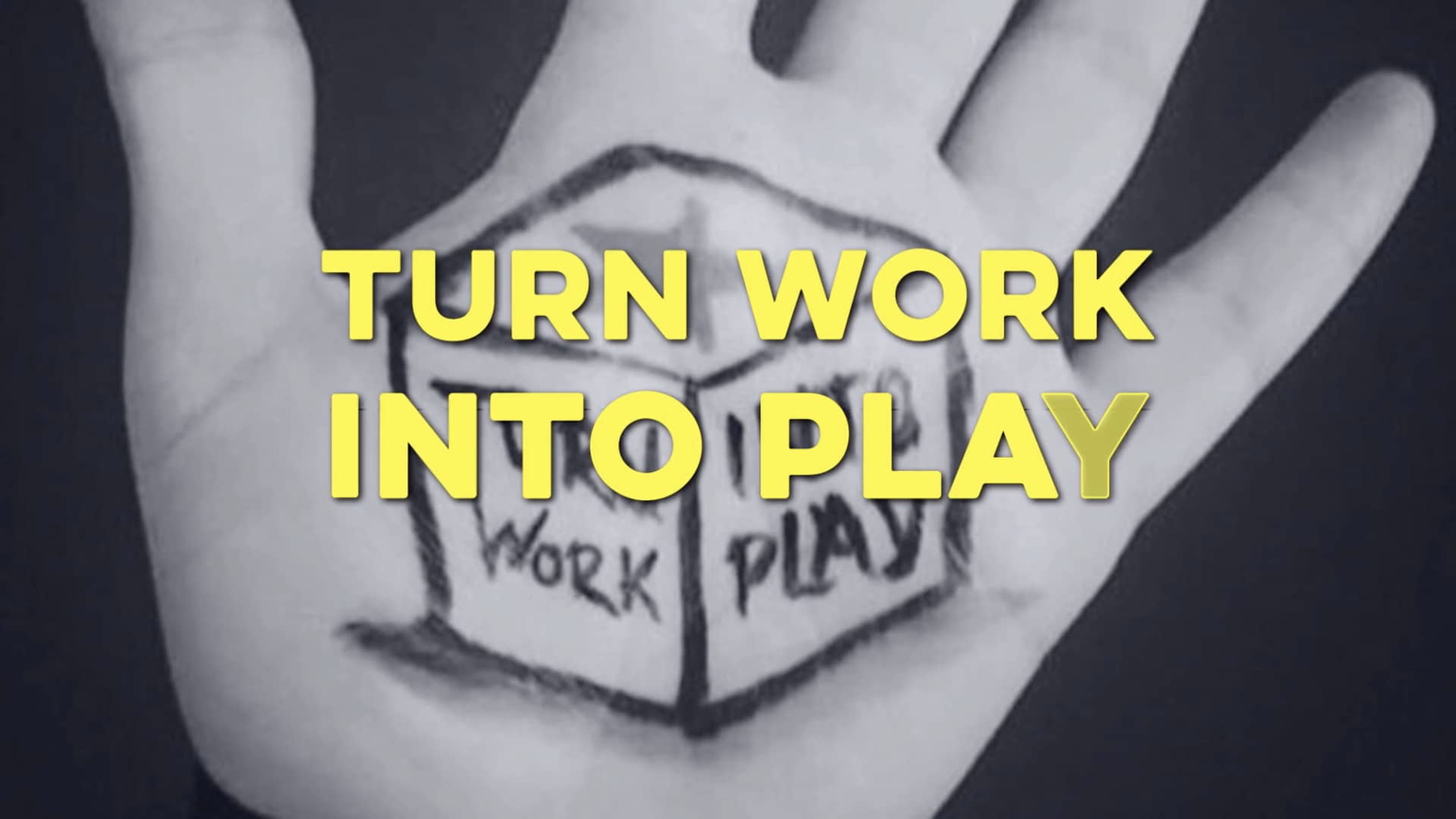“We don’t make movies to make money”
Walt Disney said his company “makes money to make more movies”, rather than making movies to earn a profit. You can take that with as big a pinch of salt as you like, but there’s truth in there too.
You might think “I don’t plan on (directly) monetising my podcast”, and you’d be right. Starting a project with the aim of selling ads gets you nowhere. But having a podcast that furthers a bigger mission is a good goal to aim for. That mission could be to get more speaking gigs, attract new clients, or land a job. It could be to spend more time with your friends, or because you have a story you need to tell.
Think of that mission – however big or small – and ask yourself “what is it worth to me?”
The best thing I ever did for my work
In the summer of 2020, I was thinking about renewing my investment in Podiant, my previous company. Then I heard about a business development programme called 2020 Vision. At their open day, the co-founders Carlos and Laurence talked about avoiding growth for growth’s sake and getting back to why we start businesses in the first place.
Being a working-class creative nerd and “not a businessperson”, I was intrigued but sceptical. Still, I signed up to their September cohort. At the time I was busy rolling out the next big updates to my hosting platform, so I wasn’t committing. Then we started having buddy-group sessions over Zoom, and everything changed.
Connecting with a small group of people each week who understood my story was a revelation. I felt seen and heard, and that my problems were understandable, even surmountable.
Laurence, our buddy group’s leader and mentor guided us through the process. He helped us champion our buddies’ ideas and spot when one of us was getting in our own way. I asked Laurence for his take on my progress from then to now, and here’s what he said:
I’m in awe of the Mark I now know versus the one that I first met a year ago. That chap was nice. But this one is a whole different beast.
I see someone who has shifted their mindset and shedded some limiting beliefs. This transformation whilst rapid, hasn’t felt like a new identity, but rather being more comfortable in your own skin and sharing your voice.
I now see you leading, coaching, teaching and facilitating with confidence and a swagger that I knew was there, but just needed some love and belief.
You don’t have to join a programme like 2020 Vision to invest in your work (although I’d recommend it). You can start by making some commitments to yourself, and not trying to bear the load of your podcast alone.

Don’t look at your stats for 100 days
I often speak to podcasters disheartened by low numbers. They’re usually at the start of their journey, so their expectations are unrealistic.
First off, don’t feel bad about those expectations – you weren’t wrong to overshoot. It’s easy for us to compare our work to those from people way further along than us. But Lore, Sleep with Me, and Darknet Diaries are three indie success stories that all started from 0.
What could you make if you just focused on crafting something compelling?
Make commitments and track your progress
With each episode, think about how you can make it a little bit better. This might surprise you, but the easiest way to do that is to make it shorter. By shortening your episode, you tighten it, leaving less in your audio that causes people to drift off. Check your Apple Podcasts episode stats to see how long people usually listen.
Chart the progress you’ve made or the experiments you’re running to help improve your show. A bullet-point in your Notes app or a line on a spreadsheet is fine. Again, this isn’t about tracking downloads, but about seeing how tiny changes build up.
Hold yourself accountable
I started learning the guitar in January 2020, using apps and YouTube videos. After a few weeks I became frustrated and gave up. Then a friend recommended a guitar teacher. I’m now taking my grade 5 rock exam, and our weekly appointment keeps me from slacking on my practise.
Even when life gets in the way and I’m unable to practise, my guitar teacher is supportive because I showed up. An accountability buddy can do the same for you, as long as you’re both committed.
What matters is the energy you put in, and whether you’re directing it in the right way. Focus on what you’re doing to improve, rather than hoping you’re doing the right thing to reach a distant goal.
Find someone else who’s in a similar spot, and buddy up. Hold yourselves accountable to each-other, and check in once a week to share how you’re getting on. Start from a place of support, and it soon becomes a nurturing and encouraging way to grow, rather than homework to be avoided.
Who has the time?

This can all sound like a full-time job, but a few small tweaks to your process could make all the difference. Can you spare an hour every two weeks to have a virtual coffee with your buddy? What about the time spent trawling Facebook for growth tips, only to get the same tired answers?
Breaking this cycle won’t happen overnight. It takes time, and you might end up with some surprises as a result.
I no longer run Podiant, because running a tech startup was making me depressed. I had a panic attack last Christmas at the thought of the year ahead. Working with people brings me joy, so I needed to spend time with those who shared a sense of purpose, but with different perspectives.
Investing in yourself like I did doesn’t mean you’ll have a similarly dramatic outcome. But you might get closer to the show only you can make, if you’re willing to invest some time and energy.
If you want to join others who are betting on themselves, join me on November 12 as I cut the ribbon on a space to meet mission-driven people like you, with guided activities to keep you on track. I’m also opening up regular drop-in sessions to programme members.
I’m going to give the last word to Laurence, my buddy group leader and “business dad”:
”Your future looks bright. Keep on this path and the sky is the limit.”


Add your response